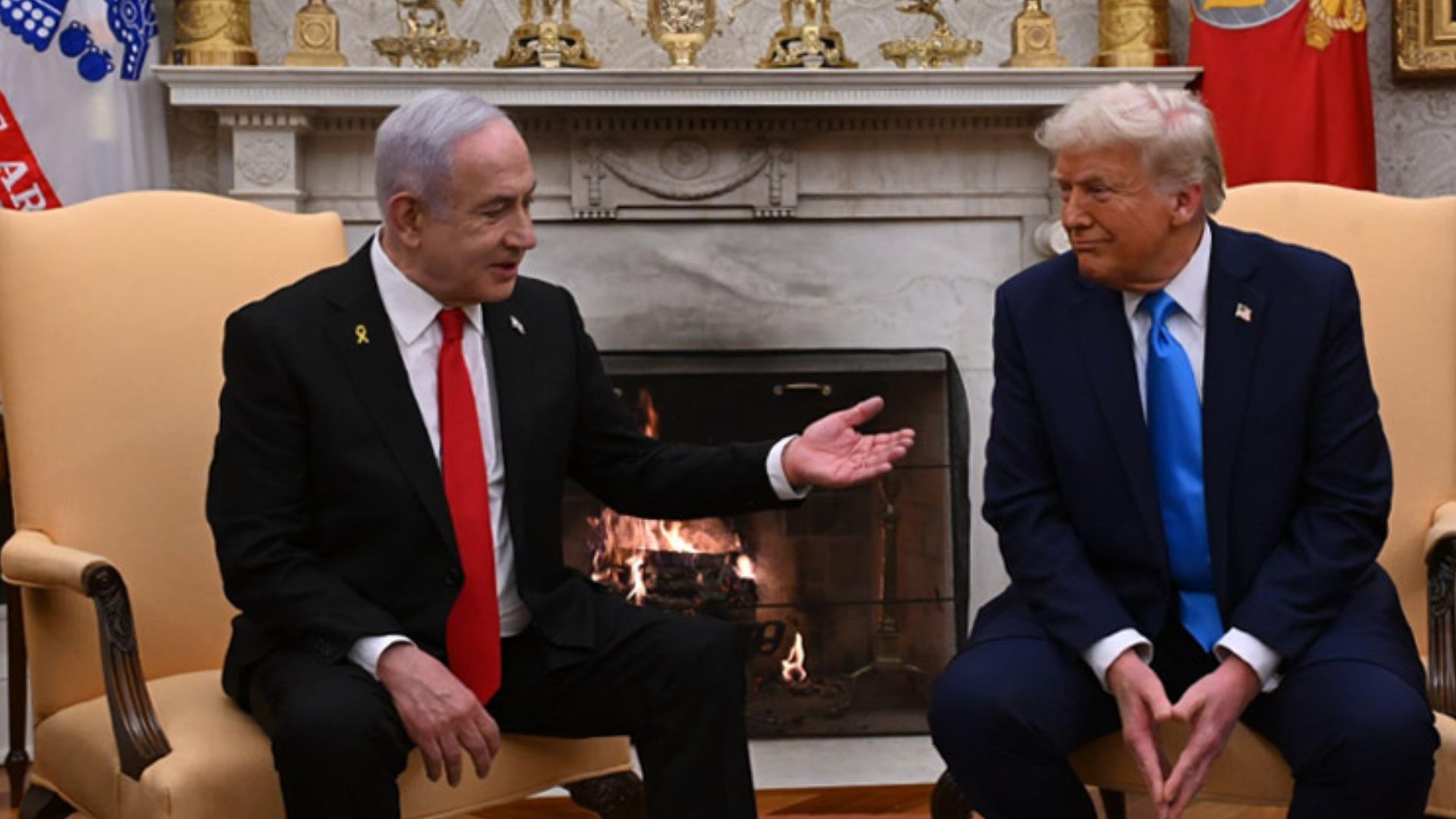The Trump administration has fast-tracked the delivery of approximately $4 billion in military assistance to Israel, marking a significant reinforcement of the long-standing alliance between the two nations.
US Secretary of State Marco Rubio announced the move on Saturday, citing emergency authorities to expedite the aid package to Israel, which remains engaged in a delicate ceasefire with Hamas militants following 15 months of intense conflict.
The decision reverses a partial arms embargo imposed during the Biden administration, which had restricted certain weapons and ammunition transfers to Israel. With the new policy in place, the Trump administration has now approved nearly $12 billion in major foreign military sales (FMS) to Israel since taking office on January 20.
“The Trump administration will continue to use all available tools to fulfill America’s long-standing commitment to Israel’s security, including means to counter security threats,” Secretary Rubio stated.
In a parallel move, the Pentagon confirmed on Friday, March 1, that the State Department had approved the potential sale of nearly $3 billion worth of bombs, demolition kits, and other military equipment to Israel. This approval was granted under emergency provisions, bypassing the usual congressional review process.
Historically, arms sales of this magnitude would undergo scrutiny by the House Foreign Affairs and Senate Foreign Relations Committees, allowing lawmakers to request additional information before a final decision. However, the administration’s declaration of emergency status enabled the sale to proceed immediately.

The Trump administration’s expedited military assistance coincides with its repeal of a Biden-era memorandum that had imposed conditions on US military aid to Israel.
Additionally, the administration has eliminated most US humanitarian foreign aid, reflecting a strategic shift in foreign policy priorities.
Ceasefire in Question
The military aid announcement comes at a critical time as Israel and Hamas remain in a tenuous ceasefire agreement.
The ceasefire, which took effect on January 19, has halted 15 months of hostilities and facilitated the release of 33 Israeli hostages held in Gaza, as well as approximately 2,000 Palestinian prisoners detained by Israel.
However, both sides have accused each other of ceasefire violations, casting uncertainty over the next phase of the agreement. The second phase was expected to include additional hostage and prisoner exchanges, along with preliminary steps toward a lasting resolution to the conflict.
In a move to stabilize the situation, Israel announced early Sunday that it had agreed to a US-brokered proposal for a temporary ceasefire extension during the Ramadan and Passover periods.
Israel announces that it will adopt a US-backed proposal for the extension of the ceasefire in Gaza throughout Ramadan and Passover, minutes after phase one of the truce deal expired.
🔴 Follow our LIVE coverage: https://t.co/U6U2sYgdNx pic.twitter.com/04sa4sG5Ey
— Al Jazeera English (@AJEnglish) March 2, 2025
This plan, spearheaded by Trump’s envoy Steve Witkoff, aims to sustain the fragile peace while diplomatic negotiations continue.
Geopolitical Implications
The Trump administration’s rapid military aid approval underscores its commitment to bolstering Israel’s defense capabilities amid growing regional tensions. Iran’s influence in the region, coupled with persistent threats from militant groups, remains a key concern for both US and Israeli leadership.
The decision to expedite military assistance is viewed as a direct response to these security challenges, ensuring that Israel remains equipped to counter emerging threats.
Critics argue that bypassing congressional oversight on arms sales could set a precedent for future administrations, raising concerns about transparency and accountability in US foreign policy decisions.
Meanwhile, proponents assert that the aid package reaffirms America’s unwavering support for its closest Middle Eastern ally at a time of heightened security risks.

As diplomatic efforts continue to navigate the complexities of the Israel-Hamas ceasefire, the latest military assistance package signals the Trump administration’s firm stance on prioritizing Israel’s security interests in an increasingly volatile region.

